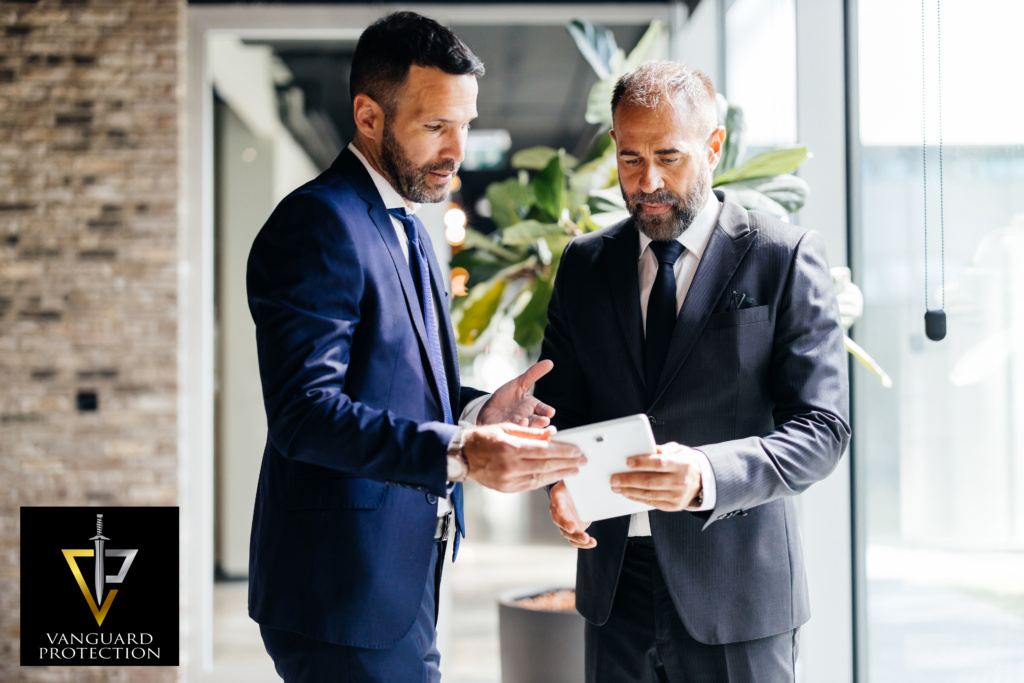
The Essential Collaboration Between Lifestyle Managers and Protection Professionals
In the luxury services sector—particularly when working with celebrities, business executives, and ultra-high-net-worth individuals—there exists a crucial, often underestimated partnership: the collaboration between lifestyle managers and private security professionals. One role is dedicated to curating extraordinary personal and professional experiences, while the other ensures those experiences occur safely, securely, and without disruption. When these two forces work in harmony, the result is an environment of seamless efficiency and enhanced well-being. When that harmony is absent, cracks form quickly—often at the client’s expense.
Years of industry experience have shown that the alignment—or misalignment—of these two roles can significantly impact outcomes ranging from logistical smoothness to personal safety. In today’s world, where threats are fast-evolving and public visibility can amplify even minor mistakes, integrated collaboration between lifestyle and security professionals isn’t just beneficial—it’s indispensable.
The Interdependent Roles in Action
Let’s explore a realistic scenario: A celebrity client embarks on a multi-day media tour across the country. The lifestyle manager organizes flights, ground transport, accommodations, wardrobe, meeting schedules, personal wellness appointments, and private social engagements. Simultaneously, the protection team is tasked with securing each travel leg, conducting advance checks of hotel properties and media venues, monitoring for local risks or crowd issues, and ensuring contingency plans are in place.
Now imagine what happens if the security team is brought in late—or left unaware of key changes, like a newly added dinner with a high-profile guest or a last-minute photoshoot at an unfamiliar venue. The risks may be subtle, but they can escalate quickly. A missed briefing, a poorly vetted location, or an un-scouted transport route can compromise not just the client’s safety, but also their comfort, public image, and sense of control.
Crucially, these lapses are rarely due to a lack of professionalism. They stem from compartmentalized workflows—where lifestyle managers and security professionals operate independently instead of collaboratively. To mitigate these challenges, the two roles must engage as interdependent units with complementary objectives.
Why Lifestyle Managers Are Strategic Allies in Security
Lifestyle managers possess deep insight into their clients’ routines, preferences, and spontaneous decisions. They often act as gatekeepers, liaisons, and experience designers all at once. Because of this, they are ideally positioned to act as an early-warning system for security teams. When shared proactively, these insights help protection professionals forecast vulnerabilities and adjust their posture accordingly.
Whether it’s a spontaneous weekend retreat or a subtle change in a principal’s daily schedule, the lifestyle manager is usually the first to know. By building trust and communication channels between these roles, lifestyle managers gain an additional layer of strategic support. Meanwhile, protection teams are empowered to operate more discreetly and efficiently.
This integrated approach not only increases the efficacy of the security plan but also ensures that it complements rather than interferes with the client’s lifestyle. In other words, security becomes invisible—not absent.
The Function of Security in a High-Service Environment
Today’s private protection model is rooted in flexibility, discretion, and foresight. Modern protection professionals are not merely visible deterrents; they are adaptive strategists who work to ensure the principal’s safety without disrupting the overall experience.
Rather than assert control, effective protection agents support lifestyle delivery. They manage risk with precision—blending into the background during normal routines and stepping forward only when needed. They understand that a visible security presence may not be suitable in every setting, especially in high-touch service environments where subtlety matters.
Moreover, private security teams provide a form of operational intelligence that lifestyle managers can benefit from directly. These include briefings on local security risks, cultural sensitivities, traffic bottlenecks, protest activity, crime trends, and recommendations for venue selection. For lifestyle managers juggling complex itineraries and client expectations, this information adds measurable value.
Communication: The Core of Effective Collaboration
All successful partnerships between lifestyle managers and protection teams rely on one foundational principle: proactive communication. Regular coordination—through secure messaging platforms, shared digital calendars, and in-person planning meetings—ensures that neither team is operating in the dark.
Weekly syncs and pre-event security briefings help align logistical planning with security objectives. A simple update—like “we’ve added a dinner stop tonight at 8″—can change the protection team’s approach to route planning, venue preparation, and timing.
In many of the most successful relationships across the industry, security professionals are included in early-stage event or travel planning. They are not viewed as afterthoughts but as strategic contributors. Likewise, lifestyle managers are invited to attend security walkthroughs and advance visits. This mutual visibility builds respect and situational awareness on both sides.
An Invitation to Integrate, Not Isolate
To our peers in the lifestyle management field: you are the architects of your client’s day-to-day success. You manage reputation, expectations, and experiences with a level of detail that few other roles demand. But in that pursuit, you should never have to shoulder the burden of risk management alone.
Bringing your protection team into the fold early—in the planning stage, not the execution stage—empowers you to create truly seamless experiences. You reduce friction. You increase your client’s trust. And you build a working relationship that allows both service and safety to elevate one another.
Whether your client is heading to a movie premiere, hosting a private event, or simply enjoying a quiet weekend at home, the convergence of protection and lifestyle strategy is what ensures their peace of mind.

